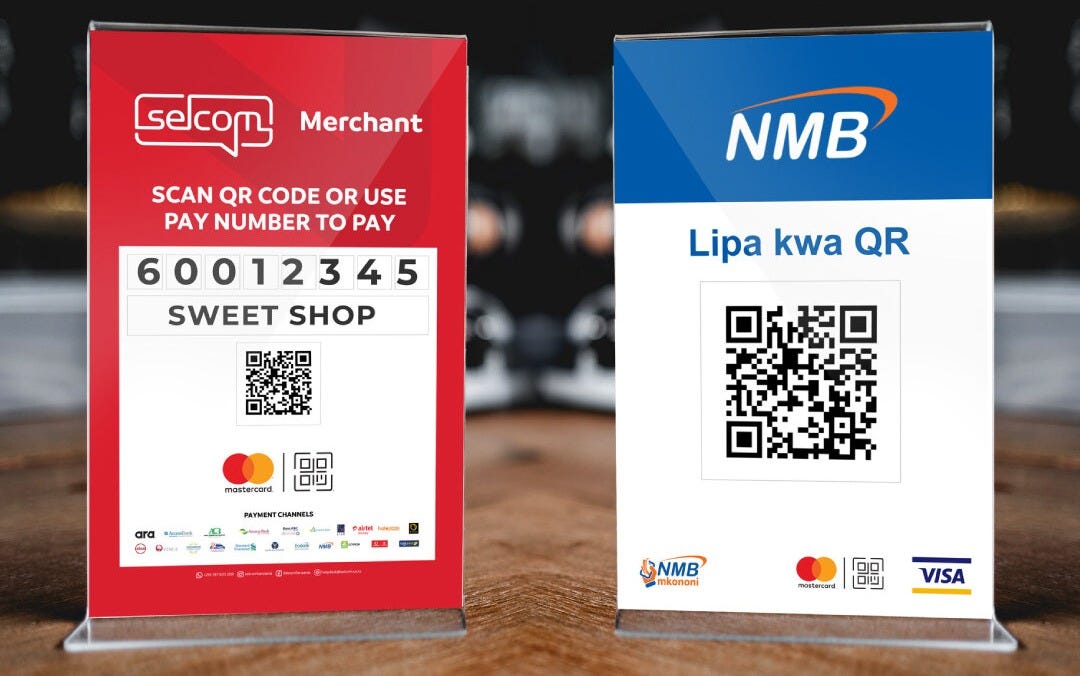This Is The End of Payments, The payments race is over. The next frontier is cross-border liquidity infrastructure.
I guess Companies like BOKU, VISA, Adyen, PayPal, and even Stripe will soon seek to acquire or partner with firms that built the compliant liquidity stack in frontier markets.
My Big Idea:
Amazon’s success with E-commerce and AWS demonstrates the power of building complementary businesses with distinct economics. For fintechs, payments bring customers in the door, just as eCommerce does for Amazon, but it is the high-margin value-added services like FX and credit that unlock profitability and growth.
Introduction.
On June 3rd, 2025, dLocal announced it would acquire AZA Finance, one of the pioneers of cross-border liquidity and treasury infrastructure in African markets. At first glance, it might seem like another fintech M&A headline. But zoom out — and a much bigger story emerges.
Mastercard recently invested $300M in Corpay, one of the world’s largest FX networks and payments for cross-border businesses.
dLocal is moving upstream by acquiring AZA finance’s cross-border currency and liquidity rails, primarily in Africa.
Stripe acquired Bridge, a Business infra for stables multi-market treasury services.
All of them are quietly shifting away from traditional “payments.”
Because they see what’s coming.
The payments race is over. The next frontier is programmable, cross-border money infrastructure.
For over 12 years AZA Finance was never about wallets or POS terminals. They built infrastructure for treasury, FX, regulatory compliance, stables and institutional liquidity — stitched together across frontier markets. That’s what dLocal wants, that’s what they are buying. Not another checkout SDK — but the plumbing for global money movement.
Because this isn’t about e-commerce anymore. It’s about B2B trade, real-time FX, stablecoin settlements, regulatory stack orchestration. This is what powers cross-border finance at scale — and it’s where the game is now being played.
Insight 1: Locals Win Local Payments — But Not Cross-Border Liquidity
Local players build the best domestic payment networks because they understand the culture, regulation, and trust dynamics. Look closer at Africa’s payment landscape:
In Tanzania, Selcom dominates — Mastercard can’t compete with that.
In Kenya, M-Pesa owns the rails — PayPal doesn’t come close by a mile.
In Ethiopia, Telebirr beats Visa and Mastercard, home and away.
In Nigeria, the best payment methods aren’t Stripe, VenMo or Adyen — they’re homegrown champions like Opay and PalmPay.
But when it comes to cross-border liquidity, locals don’t win. They lack the licenses, the FX capabilities, the multi-market compliance infrastructure, and the scale needed to connect continents.
Insight 2: Payments Are a Race to Zero, Payments are Commoditised
Let’s be honest: nobody is making real money in payments anymore, Read their annual reports. The margins are super thin and getting squeezed. Regulation is tightening. Fraud is a constant battle. And every app, wallet, telco, and platform is now a "payments company".
Payments have become a commodity. A feature, not a business.
Yes, you still need them. But the real profit? The real moat? It's not in the payment. It’s in what happens before and after:
Insight 3: The New Playbook: Own Liquidity, Not Logos.
This shift changes how winners are defined. You don’t win by being at the checkout.
You win by being behind the scenes — where funds are sourced, exchanged, routed, and settled across borders.
The new fintech champions will:
Connect to 300+ banking systems
Price FX across 100+ currencies in real-time
Automate compliance across 50 regulators
Settle trade flows, not just consumer purchases
They won’t have consumer logos. But they’ll power the movement of billions and billions across fiat, crypto and stables via banks, netting and Circle payment network.
The Bottom Line
The payments party is over. Everyone became a payments company, and margins collapsed. Now, the smart money is shifting upstream — to cross-border liquidity, FX, compliance, and treasury orchestration.
This is not a hype cycle. This is the new reality. Payments is no longer the product — it’s just the gateway. The real business? Owning the rails, rules, and liquidity flows of a connected global economy.
The age of pipes is dead. The age of building rails behind the rails has just begun.





Thanks